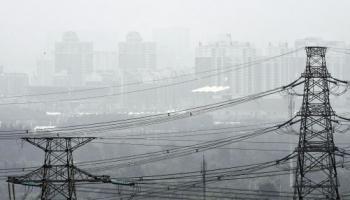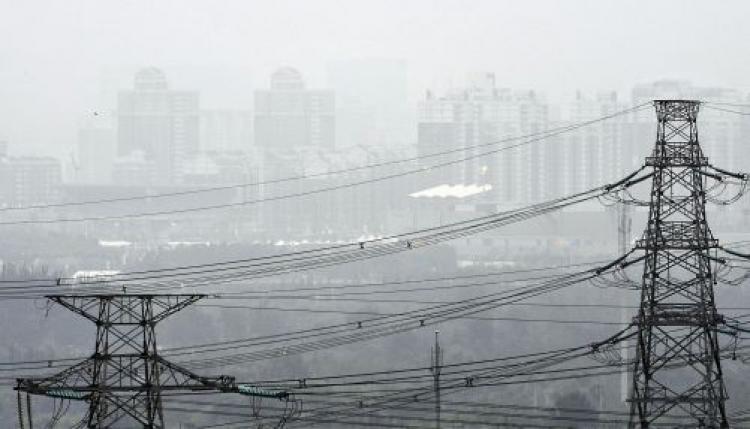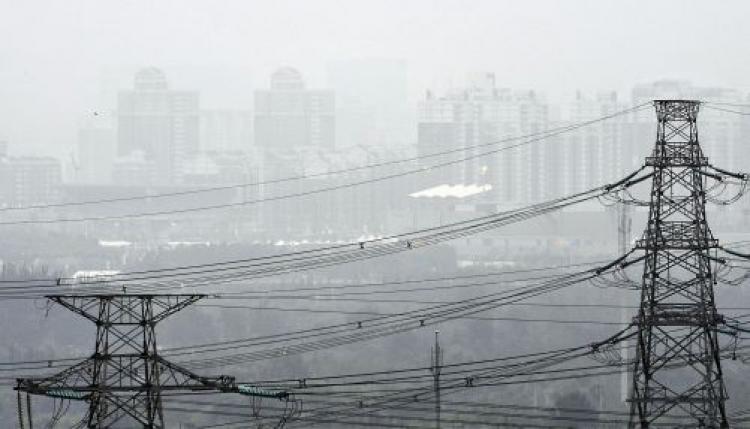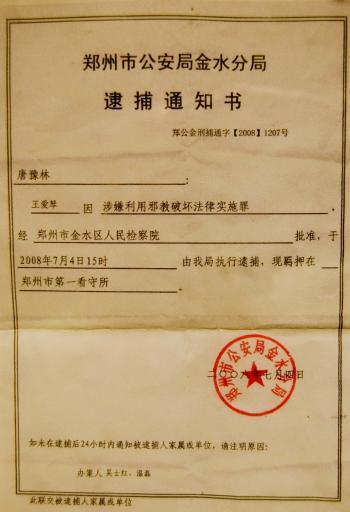The International Olympic Committee (IOC) is asking journalists and athletes to trust the Beijing official figures on air quality and trust that it is in journalists’ and athletes’ best interests not to know the current rate of pollution in the Chinese capital.
This is in stark contrast to the regular reports on air quality before the Games began, stating that it hovered around minimum requirements for developing countries and may be a risk to athletes’ health in endurance events.
Some athletes have withdrawn from the Olympics because of health risks due to poor air quality.
However, since the start of the Games air quality has been satisfactory, Arne Ljungqvist, chairman of the IOC’s medical commission, told the Washington Post on Friday. He added that air quality is an internal affair for the IOC and the Chinese authorities and the IOC will no longer be making public, data given by Beijing officials claiming that it is “an [internal] affair for the purpose of rescheduling competitions.”
The Chinese Communist Party (CCP) has often asked the international community not to interfere in its “internal affairs”, such as when evidence surfaced that the CCP was violating the human rights of its citizens. This approach is not aimed at solving the problem but silencing criticism instead.
Since the Games began the actions of the organizers have raised serious questions about their credibility. In the opening ceremony the organizers admitted that part of the fireworks display and artistic performances were a fraud. The fireworks appearance was enhanced using modern technology during the ‘live’ opening ceremony, and the officials also admitted that one of the singers was actually miming.
Some of the Olympic events have also raised questions as to the credibility of the organizers. When journalists questioned whether three Chinese gymnasts were over the legal age to compete in the Games they uncovered news reports showing the athletes were two years younger than their passports claimed. The appearance of the athletes matched the news reports not the official passports. This raises serious questions about the credibility of Chinese athletes’ official documentation.
Journalists’ Experience Does not Reflect IOC Claims
Foreign journalists have been a real handful for the organizers of the Games. Although officials can silence opposition by moving dissidents out of Beijing and by jailing vocal critics, they can’t stop journalists going out for a jog to report to their readers back home their experience of the Beijing smog, or as locals call it, “overcast and hazy skies”.
The UK Times journalist Will Pavia, who went for a run on August 8th, does not recommend light jogging in Beijing if you value your health.
He said in his article, “I had not run 50 meters, however, before something felt different. The night was hot and humid, yet a dry prickly sensation was spreading in the back of my throat, as if dust was collecting there. It seemed to crackle as I swallowed.”
“After ten minutes a burning sensation grew in my chest and I turned for home. Jogging has not been a recommended activity in this city for decades,” he added.
Irish Times journalist Ian O'Riordan backed up Pavia’s experience. He went for a jog around Beijing on August 8th to experience what the athletes will face during the Games. He found it a distressing task; one the Irish athletes “probably don’t know what they’re in for, no matter how well they’ve acclimatised,” he wrote after the run.
This is the first Olympics where the IOC has been monitoring air quality. The IOC is monitoring the situation at 27 stations around Beijing.





